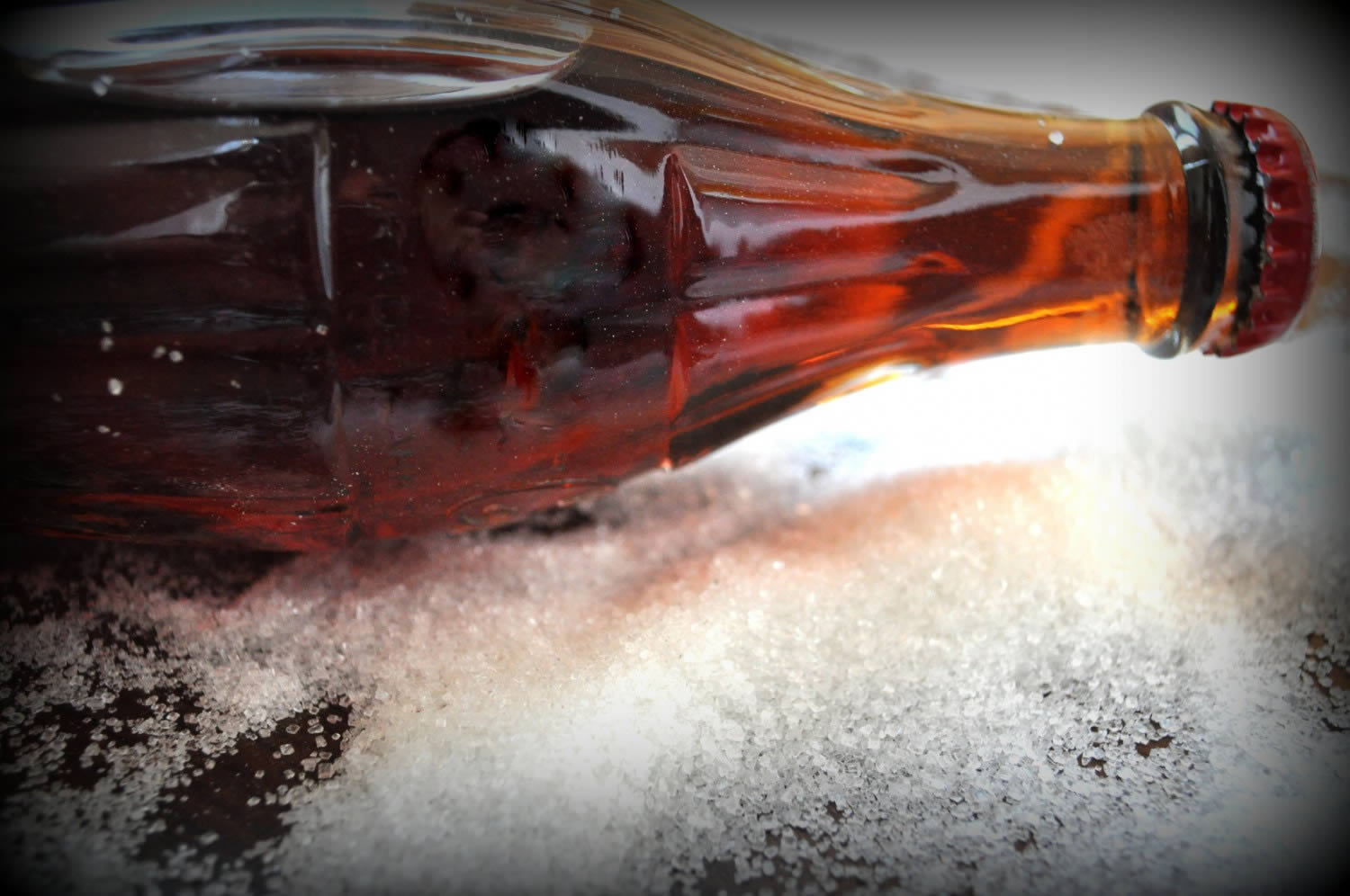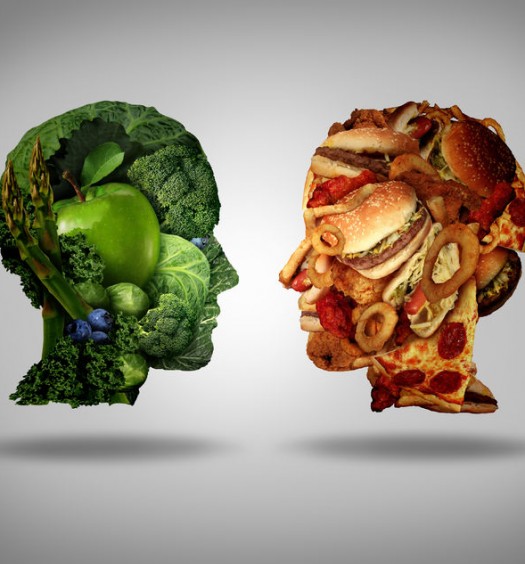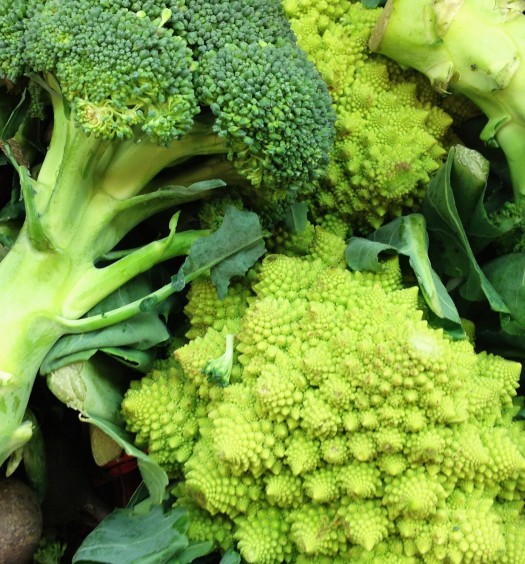If you watched Jamie Oliver’s documentary last week you may have been astonished by some shocking images of children having teeth removed, teenagers suffering terribly with diabetes and Coca Cola using underhand methods to persuade whole Mexican villages to use their product in an almost religious manner. Oliver’s aim is to force the UK government to make a U-turn and implement a tax on sugar.
The doctors told us that it was routine for a young child to have all it’s baby teeth removed and it was routine to be replacing grown up teeth with dentures in kids as young as 7! The message was clear, sugary drinks and diets were the cause and no amount of preventative measures such as fastidious dental hygiene could overpower the damage from the sugar.
The impact from this alone on the NHS costs over £30 million per year and lets not forget the hefty £10 billion a year price tag from diabetes treatment…on top of this comes the impact from the obesity crises which is pushing the NHS into a critically overloaded situation.
Sugar is everywhere, in obvious places such as cake and less obvious – think bread, soup and basically anything processed. But the real culprit, the one to cause serious sugar addictions in kids and the one that’s strongly associated with the rapid rise in obesity and diabetes comes from liquid sugars – those found in soft drinks.
What happens biologically when you drink a fizzy drink?
Everything we eat and drink is biological information. Each sip or bite sends thousands of messages all over the body, turning genes on and off, alerting enzymes and creating a dazzling display of chemical signalling penetrating each and every cell.
In the case of soft drinks, there is nothing to slow this orchestra of science down and unfortunately the wrong messages are sent to our cells. This is mainly due to the sugar but lets not forget all the additives, preservatives, colours, enhancers and other nasties the drinks contain. All are individually hazardous and totally alien to our genetic being, plus have been engineered to make us crave more, to keep us addicted, to keep manufacturers pockets lined. But here I am going to focus purely on the sugar element as we would be here for days if I were to talk about the other ingredients too.
The sugars (fructose and glucose) are rapidly absorbed by our guts as soon as we take the first sip. There is nothing to slow them down such as fibre, protein and fat. The hit of glucose causes a blood sugar spike that starts a vicious cycle of hormonal responses between insulin and cortisol (our stress hormone). Insulin’s job is to get rid of sugar so it stores it as belly fat (nice!) but elevated insulin also increases inflammation, raises triglycerides and causes problems with cholesterol levels (that’s why diabetes is intrinsically linked to heart disease).
It doesn’t stop there, insulin blocks the hormone leptin, that tells you that you’re full and the cascade of blood sugar imbalances, caused by just one soft drink, creates cravings and feelings of starvation leading to more sugar ingestion and ultimately sugar addiction.
Chronic raised levels of insulin impacts all hormones, knocks them all out of whack and eventually the body tires of dealing with such an onslaught and becomes insulin resistant. This is how Diabetes develops.
Don’t stop reading it gets worse…
The other key sugar in many soft drinks is fructose. Thankfully fructose doesn’t have an impact on insulin but instead does a very good job of liver damage – and it also makes you fat. Fructose is transported directly to the liver where it is perceived as dangerous and as with insulin, the body deems the safest place to store it is as fat.
You can also get a fatty liver, triggering further inflammation. Plus, fructose doesn’t send signals to the brain to say we’ve just had a ton of sugar and are ok for a while so without that message we still feel hungry. Studies consistently show that when we drink our sugary calories we don’t compensate our eating at subsequent meals i.e. our bodies don’t notice the extra intake so we don’t adjust our eating habits. This is a major cause of obesity and associated inflammatory diseases.
Isn’t a calorie just a calorie so simply drink less?
No. I often get asked this question with people wondering why they can’t lose weight when they are meticulously counting calories. As you can see from the above, if what we are eating or drinking sends the wrong signals to our bodies, we will store those calories as fat and turn on a cascade of negative responses which have been designed over time to protect us and we simply haven’t adapted to this modern diet of processed, chemical and sugar laden foods and drinks.
What’s the answer?
It’s shocking that here in the UK we are still buying double the amount of fizzy drinks as water. Rates of obesity and diabetes are soaring in line with the rapid growth of soft drinks, sports drinks, energy drinks and trendy ‘fool you into thinking we’re healthy’ drinks such as San Pellegrino and Elderflower presse which contain just as much sugar and other nasties as the rest but come in prettier bottles. And we’re also being duped by so called ‘healthy’ waters: Volvic fruit water contains a whopping 7 tsp of sugar!
I don’t trust that the government will bend over and do the right thing. The Food and Drinks moguls have far too much sway. Take the example from the 2008 proposed tax on sugary drinks in the States – Coca-Cola, PepsiCo and the other big players increased their anti-tax lobbying spend more than 30 times equating to around $40 million.
I like to think that the government works on our behalf rather than being led by the big spenders so if by chance they were to do the right thing, I still don’t think an extra 20p per litre will necessarily put people off buying the poison, but the money raised (according to Oliver over 1 billion a year) will definitely help to take some of the intense pressure of the NHS. I also think clear labels, preferably on the front and definitely in teaspoons not grams of sugar will provide consumers with the information they need to make judged choices. Even as a Nutritional Therapist I can find myself totally baffled by some labels.
We hope you found this article helpful. Let us know how you get on in the comments below or on our facebook page and don’t forget to sign up to our newsletter to receive more recipes, nutrition tips and expert advice.





